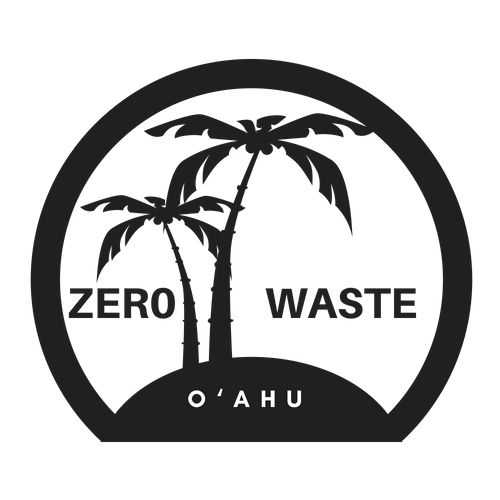Extended Producer Responsibility (EPR) in Hawai’i
Learn more about the relevant policy related to waste accountability.
Extended Producer Responsibility (EPR) Policy
2021 Legislative Session
SB 1419
This bill required more outside involvement with public interest groups joining a Products Working Group and producers joining a Producer Stewardship Group. The two groups would work with DOH to create a Stewardship Plan.Before the bill effectively “died,” community members thought that producers would more likely join Product Stewardship Groups if they did not have to pay a fee.
HB 1316
This bill required that producers monitor themselves through producer responsibility organizations. These organizations would register with the Department of Health (DOH) all members/brands, pay into a fund to pay for waste management programs, invest in and coordinate education and outreach programs, and invest in infrastructure among other things. Before the bill effectively “died,” it was amended to include a study and bans on single-use plastic ware. The ban included a requirement that beverage containers would met a minimum post-consumer plastic requirement by 2023. The study included the following:
The implementation of extended producer responsibility in the State independent of other state and federal packaging extended producer responsibility initiatives;
The implementation of extended producer responsibility packaging in the State in conjunction or synchronicity with other state and federal initiatives;
The best science available relating to extended producer responsibility and best packaging practices;
The costs and benefits to all stakeholders, including but not limited to the environment, consumers, taxpayers, government, and businesses;
The potential benefits and drawbacks of implementing extended producer responsibility for packaging in the State;
The feasibility of implementing extended producer responsibility for packaging in the State;
The projected timeline for the implementation of extended producer responsibility for packaging in the State;
The expected savings, if any, for the State and counties in costs relating to waste management and recycling in the implementation of extended producer responsibility packaging in the State; and
Any other issues the department deems relevant.
Testimony Key Points
Plastic is a threat to human health and the environment.
Majority of all plastics ever produced is not recycled.
Personal experiences and knowledge regarding the problem of plastic and other packaging pollution should also be included!
EPR programs can reduce plastic packaging and encourage recycling through fee structuring and other product stewardship programs.
Packaging EPR would create better coordination between producers and recyclers, improve recyclability or compostability of the packaging, and ultimately improve the supply of feedstock for recycled content materials.

